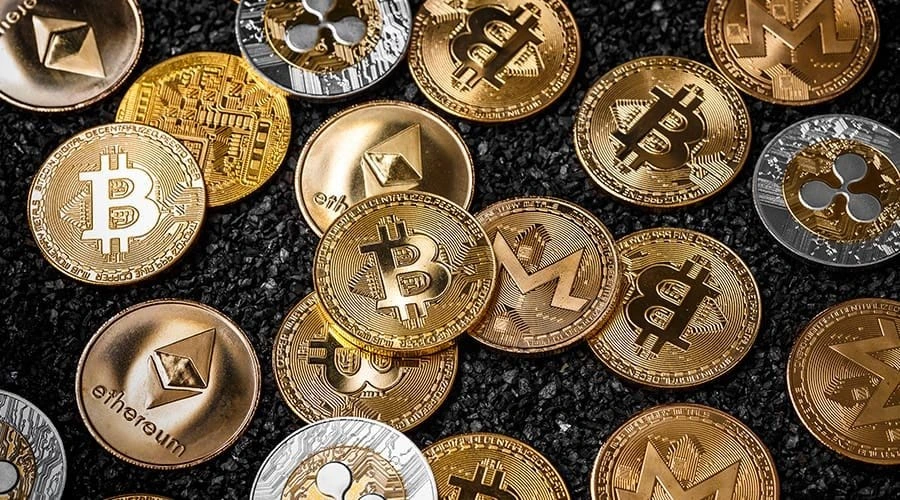PROTECT YOUR DNA WITH QUANTUM TECHNOLOGY
Orgo-Life the new way to the future Advertising by AdpathwayBrazil’s Central Bank has reported a slight improvement in the country’s inflation outlook for 2025, but the data reveals persistent challenges for businesses and households.
According to the latest Focus Bulletin, the inflation forecast for 2025 now stands at 5.20 to 5.46 percent, down marginally from previous estimates. However, this figure remains well above the official target of 3 percent, with a tolerance ceiling of 4.5 percent.
The Central Bank’s Monetary Policy Committee raised the benchmark Selic interest rate to 15 percent in June 2025. This move marks a cumulative increase of 450 basis points since the second quarter of last year.
Policymakers cite stubborn inflation and a tight labor market as key reasons for maintaining high rates. They signal that rates will likely remain at this level into early 2026, with any easing dependent on a clear decline in inflation.
Economic growth projections for 2025 have seen only modest adjustments. The Finance Ministry raised its forecast to 2.4 percent, while market analysts expect growth closer to 2.13 to 2.20 percent.
 Focus Bulletin Reveals Brazil’s Inflation Eases but High Rates Remain. (Photo Internet reproduction)
Focus Bulletin Reveals Brazil’s Inflation Eases but High Rates Remain. (Photo Internet reproduction)The agricultural sector continues to drive output, with a record grain harvest projected at 328.4 million tonnes and soybean production expected to reach 164.2 million tonnes.
Despite these gains, high borrowing costs and persistent inflation weigh on consumer spending and business investment. The Brazilian real has faced steady depreciation, with forecasts placing the exchange rate at R$5.70 to R$5.80 per US dollar by the end of 2025.
This weaker currency inflates the cost of imports and complicates efforts to control prices. Fiscal risks, including rising public debt and increased government spending in an election year, add further uncertainty for investors.
Brazil Faces Mixed Economic Outlook
For businesses, the current environment means higher input costs and limited access to affordable credit. Many firms report that the combination of expensive loans and elevated prices for imported goods is squeezing profit margins.
Households, meanwhile, struggle with higher mortgage and loan repayments, while wage growth fails to keep pace with rising living costs. The Central Bank has made it clear that controlling inflation takes priority over accelerating growth.
Officials warn that any premature loosening of monetary policy could undermine hard-won stability. The enduring gap between inflation forecasts and the official target underscores the difficulty of restoring price stability in the face of global and domestic pressures.
Brazil’s economic outlook for 2025 remains mixed. While inflation has edged down and agriculture shows strength, high interest rates and a weak currency continue to challenge both businesses and families. The Central Bank’s commitment to tight policy signals a cautious path ahead as the country seeks to balance growth with stability.


 1 week ago
3
1 week ago
3










 English (US) ·
English (US) ·  French (CA) ·
French (CA) ·  French (FR) ·
French (FR) ·